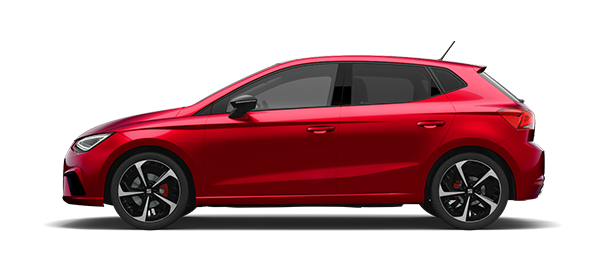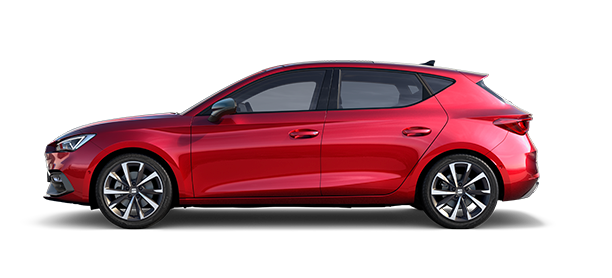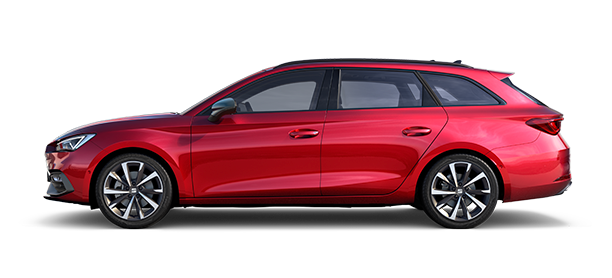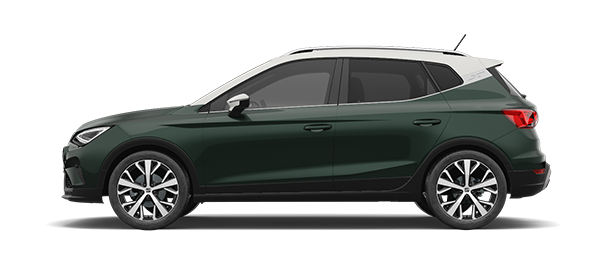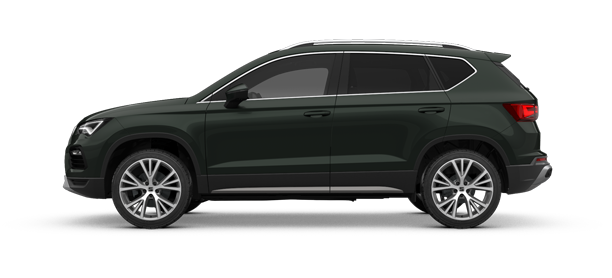Quality features of the bodywork
The body quality influences handling characteristics, comfort, noise levels and of course durability. Quality is a result of the interaction between design and manufacturing. The characteristics that define the quality of a body are made up of a wide variety of factors:
The paintwork, the sound as doors close, small and regular gap and joint dimensions are signs of the highest production quality. However, the most important quality characteristics of the body are invisible: in addition to passive safety and comprehensive corrosion protection, these include body rigidity. At SEAT, high static stiffness and uniform stiffness distribution achieve the optimum design of chassis characteristics and perfect functioning of doors and lids with the tightest joint dimensions. In addition, the excellent dynamic stiffness gives rise to favourable vibration behaviour of the bodywork and a high level of comfort as a result.
A criterion of body quality that is optimized as early as the design stage at SEAT is the ease of repair. The decisive factor is which parts are damaged in what type of accident and how quickly and with what material outlay this damage can be repaired.
